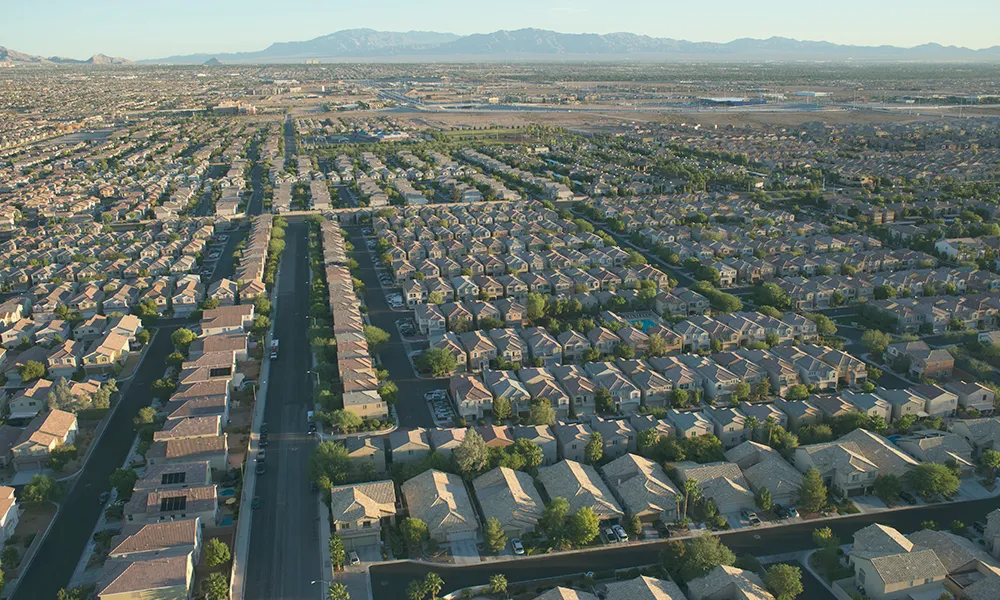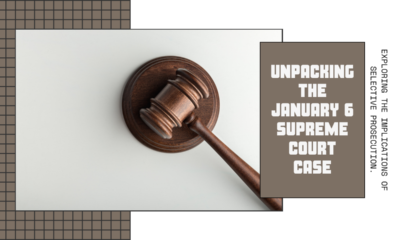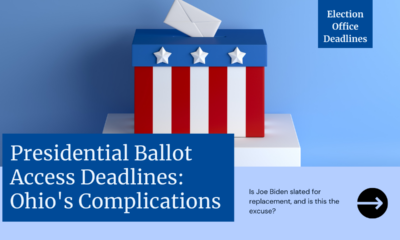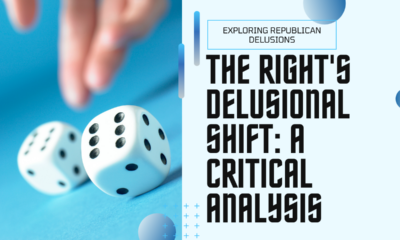News
U.S. mortgage rates rise above 6% for the first time since the 2008 market crash

The average 30-year mortgage rate has increased to 6.02%. This is the first time the rate has been greater than 6% since the 2008 market crash, according to new data from mortgage specialist Freddie Mac.
The interest rate, which is twice what it was this time last year, is an effect of the Federal Reserve’s aggressive campaign to raise interest rates as it works to fight inflation.
The knock-on effect of higher rates will be that housing demand decreases and therefore, this could send housing prices in a downward trend, Freddie Mac Chief Economist Sam Khater said in a statement.
“This indicates that while home price declines will likely continue, they should not be large,” Khater said, adding that, due to a housing shortage across the United States, prices shouldn’t plummet by too much.
The average price for existing homes increased by 10.8% in July from the previous year, to $403,800, the National Association of Realtors confirmed in August.
“Home prices are still rising by double-digit percentages year-over-year, but annual price appreciation should moderate to the typical rate of 5% by the end of this year and into 2023,” said Lawrence Yun, the National Association of Realtors’ chief economist. “With mortgage rates expected to stabilize near 6% alongside steady job creation, home sales should start to rise by early next year.”
The housing group Redfin reported last week that new home listings dropped by 18% year over year.
“The housing market always cools down this time of year, but this year, I expect fall and winter to be especially frigid as sales dry up more than usual,” Redfin Chief Economist Daryl Fairweather said in a statement. “Thanks largely to mortgage rates near or even above 6%, potential homebuyers and sellers are focusing on the back-to-school season and enjoying the last days of summer rather than getting into an uncertain market.”
Historically data suggests that market volatility can put potential buyers on the back foot and the market may slow down after more than a year of frenzied buying throughout the pandemic.
“Consumer sentiment has declined at a rapid pace — levels not seen in more than a decade,” said Julie Booth, chief financial officer of Rocket Cos, the largest mortgage originator in the US. “Consequently . . . potential homebuyers are staying on the sidelines.”
Terry A. Hurlbut has been a student of politics, philosophy, and science for more than 35 years. He is a graduate of Yale College and has served as a physician-level laboratory administrator in a 250-bed community hospital. He also is a serious student of the Bible, is conversant in its two primary original languages, and has followed the creation-science movement closely since 1993.
-

 Executive3 days ago
Executive3 days agoJanuary 6 case comes down to selective prosecution
-

 Executive1 day ago
Executive1 day agoBiden ballot woes continue
-

 News3 days ago
News3 days agoRolling the Dice on Republicans: Has the Right Become Delusional?
-

 Civilization2 days ago
Civilization2 days agoPresident Biden Must Not Encourage Illegal Mass Migration From Haiti
-

 Executive2 days ago
Executive2 days agoWhy Fatal Police Shootings Aren’t Declining: Some Uncomfortable Facts
-

 Civilization3 days ago
Civilization3 days agoBiology, the Supreme Court, and truth
-

 Constitution2 days ago
Constitution2 days agoEquality Under the Law and Conflicts of Interest in New York
-

 Guest Columns2 days ago
Guest Columns2 days agoWhat Was Won in No Labels’ Crusade


